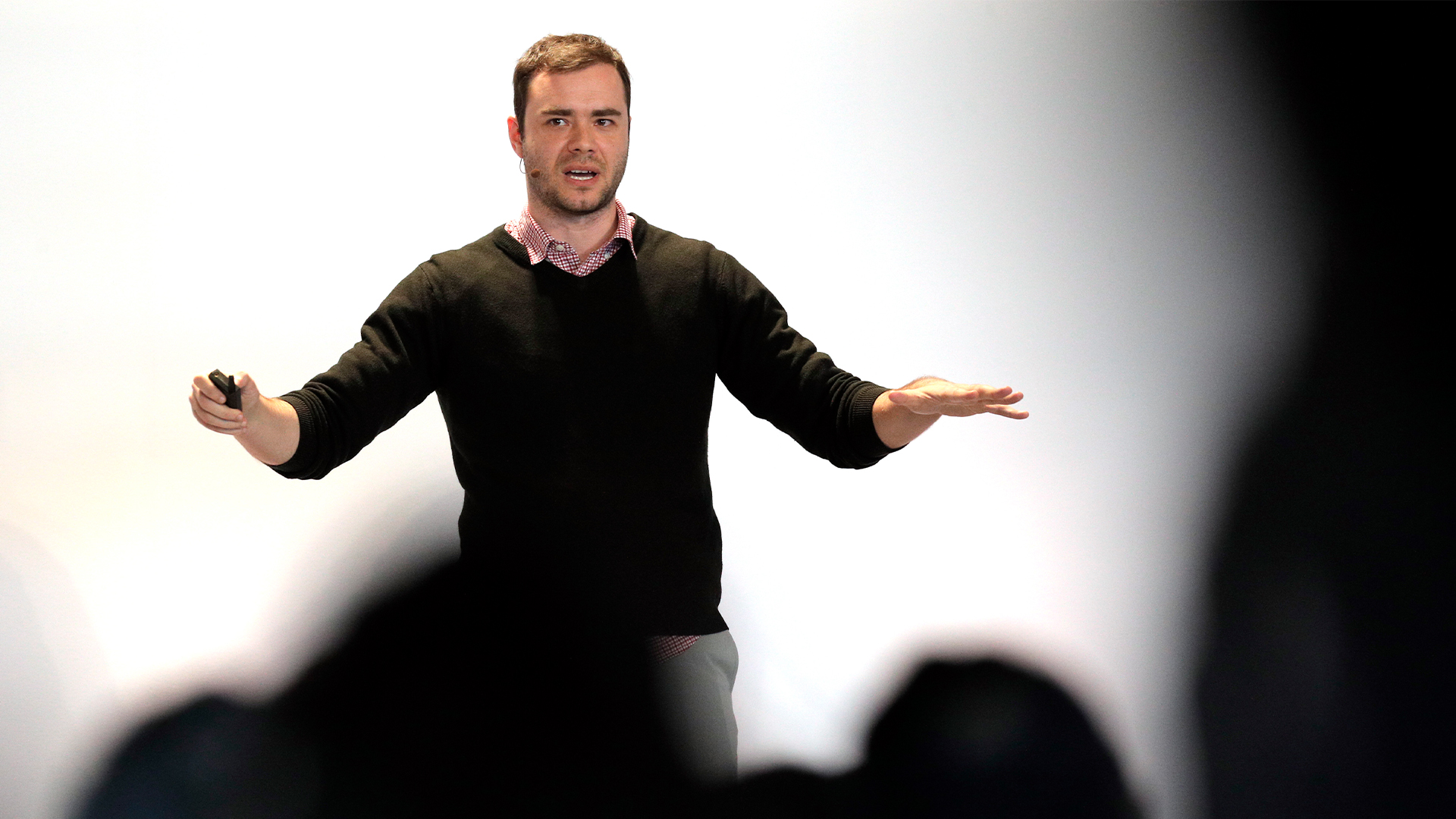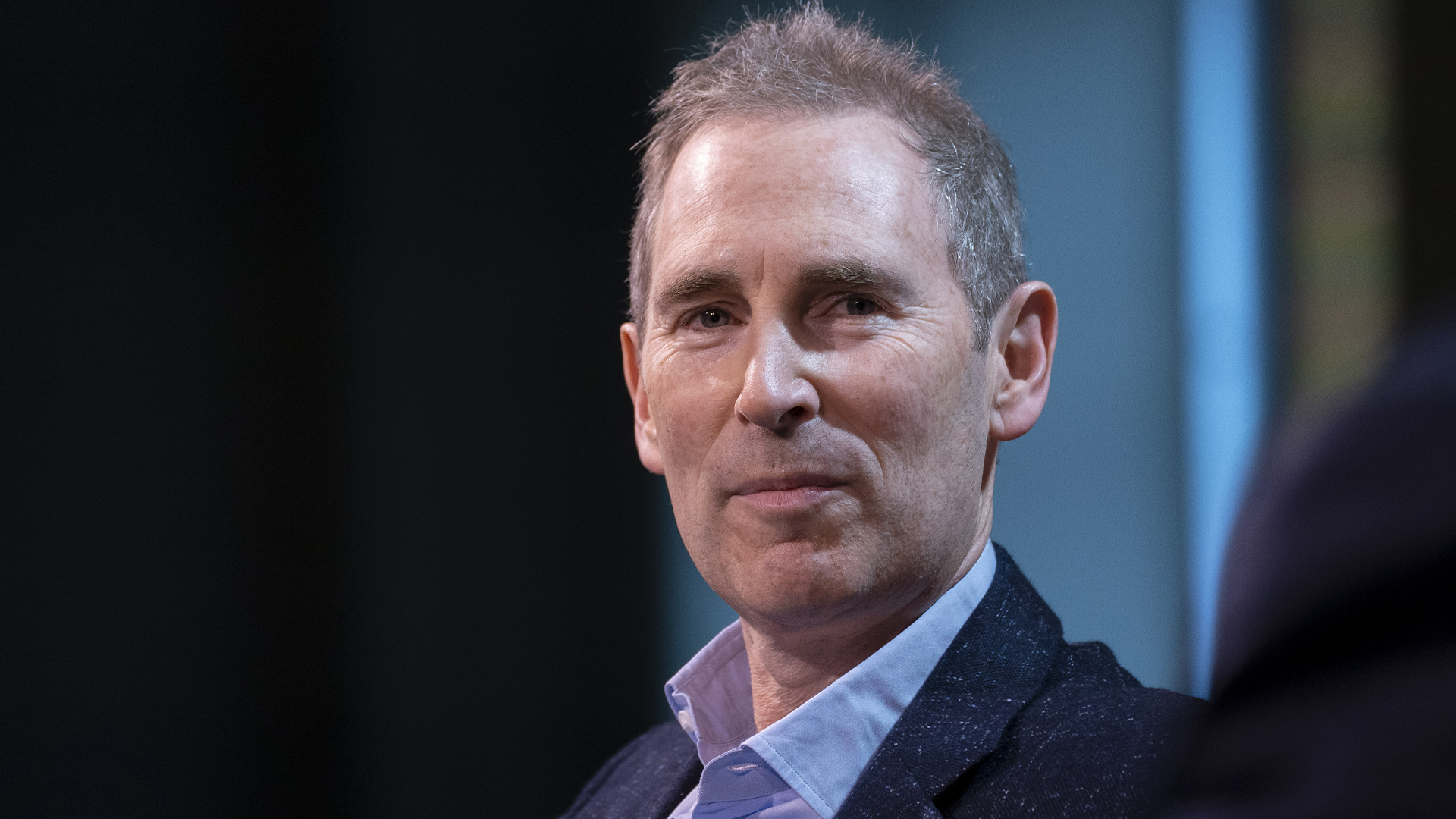AI isn't taking anyone's jobs, finds Yale study – at least not yet
Researchers say it's too soon to know what generative AI's impact will be on the workforce


Sign up today and you will receive a free copy of our Future Focus 2025 report - the leading guidance on AI, cybersecurity and other IT challenges as per 700+ senior executives
You are now subscribed
Your newsletter sign-up was successful
In the 33 months since the launch of ChatGPT and the explosion of generative AI there has been a lot of speculation about its impact on the future of work.
While tech companies like Salesforce, Klarna, and Duolingo have talked up their use of generative AI to cut headcount – not to mention OpenAI's CEO Sam Altman's proclamations on the subject – in the broader context of the US labor market it has failed to have any meaningful impact, according to new research from Yale.
Researchers examined two factors: Is the pace of change in the 33 months since ChatGPT's launch any different to that of past periods of early technological change? Is there any evidence of economy-wide employment effects?
They also compared these changes to previous periods of technological change, such as the introduction of the desktop computer into the workplace and the arrival of the internet.
Looking at the change in occupational mix – whether someone has moved jobs, left employment, or entered employment – the rate of change is slightly higher since the launch of ChatGPT compared to computers and the internet but by less than one percentage point.
Are some jobs more influenced by generative AI than others?
There is some variation by business vertical, however. The Yale researchers identified three areas that are more exposed to generative AI than others: financial services, information, and professional and business services.
The information sector – which includes a broad range of activities from newspapers to data processing and movies – has experienced the biggest change in occupational mix since November 2022, when ChatGPT launched. By 32 months post-launch, the change in employment mix was almost 14%, compared to a baseline of just over 4%. Professional and business services, meanwhile, was at approximately 6.5% and financial activities had changed by about 8.5%.
Sign up today and you will receive a free copy of our Future Focus 2025 report - the leading guidance on AI, cybersecurity and other IT challenges as per 700+ senior executives
The researchers caution against laying these changes at the feet of generative AI, however.
"Although at first glance these changes may seem attributable to generative AI, the data again suggests that the trends within these industries started before the release of ChatGPT," they said. "In fact, over a broader time horizon, the large shifts in the Information Industry seem to be a feature of the industry itself rather than a consequence of any one technological development."
Ultimately, the researchers concluded that it's too early to say what impact generative AI will really have in the long term.
"The picture of AI's impact on the labor market... is one that largely reflects stability, not major disruption at an economy-wide level," they said. "While generative AI looks likely to join the ranks of transformative, general purpose technologies, it is too soon to tell how disruptive the technology will be to jobs. The lack of widespread impacts at this early stage is not unlike the pace of change with previous periods of technological disruption."
Make sure to follow ITPro on Google News to keep tabs on all our latest news, analysis, and reviews.
MORE FROM ITPRO

Jane McCallion is Managing Editor of ITPro and ChannelPro, specializing in data centers, enterprise IT infrastructure, and cybersecurity. Before becoming Managing Editor, she held the role of Deputy Editor and, prior to that, Features Editor, managing a pool of freelance and internal writers, while continuing to specialize in enterprise IT infrastructure, and business strategy.
Prior to joining ITPro, Jane was a freelance business journalist writing as both Jane McCallion and Jane Bordenave for titles such as European CEO, World Finance, and Business Excellence Magazine.
-
 AWS CEO Matt Garman isn’t convinced AI spells the end of the software industry
AWS CEO Matt Garman isn’t convinced AI spells the end of the software industryNews Software stocks have taken a beating in recent weeks, but AWS CEO Matt Garman has joined Nvidia's Jensen Huang and Databricks CEO Ali Ghodsi in pouring cold water on the AI-fueled hysteria.
-
 Deepfake business risks are growing
Deepfake business risks are growingIn-depth As the risk of being targeted by deepfakes increases, what should businesses be looking out for?
-
 B2B Tech Future Focus - 2026
B2B Tech Future Focus - 2026Whitepaper Advice, insight, and trends for modern B2B IT leaders
-
 'It's slop': OpenAI co-founder Andrej Karpathy pours cold water on agentic AI hype – so your jobs are safe, at least for now
'It's slop': OpenAI co-founder Andrej Karpathy pours cold water on agentic AI hype – so your jobs are safe, at least for nowNews Despite the hype surrounding agentic AI, OpenAI co-founder Andrej Karpathy isn't convinced and says there's still a long way to go until the tech delivers real benefits.
-
 Is an 'AI' bubble about to pop?
Is an 'AI' bubble about to pop?news The Bank of England warns of the risk of a market correction if enthusiasm for the technology wanes
-
 Is ChatGPT making us dumber? A new MIT study claims using AI tools causes cognitive issues, and it’s not the first – Microsoft has already warned about ‘diminished independent problem-solving’
Is ChatGPT making us dumber? A new MIT study claims using AI tools causes cognitive issues, and it’s not the first – Microsoft has already warned about ‘diminished independent problem-solving’News A recent study from MIT suggests that using AI tools impacts brain activity, with frequent users underperforming compared to their counterparts.
-
 ‘Agent washing’ is here: Most agentic AI tools are just ‘repackaged’ RPA solutions and chatbots – and Gartner says 40% of projects will be ditched within two years
‘Agent washing’ is here: Most agentic AI tools are just ‘repackaged’ RPA solutions and chatbots – and Gartner says 40% of projects will be ditched within two yearsNews Agentic AI might be the latest industry trend, but new research suggests the majority of tools are simply repackaged AI assistants and chatbots.
-
 Andy Jassy memo warns staff that Amazon will "need fewer people" as it rolls out more generative AI
Andy Jassy memo warns staff that Amazon will "need fewer people" as it rolls out more generative AINews Amazon's CEO tells workers to be "curious" about AI and educate themselves to protect their livelihoods
-
 CEOs and CISOs at odds over the benefits of generative AI
CEOs and CISOs at odds over the benefits of generative AINews While CEOs are hugely enthusiastic, CISOs worry about governance and legacy technology
-
 Microsoft says workers should believe the hype with AI tools: Researchers found Copilot users saved three hours per week sifting through emails, gained more focus time, and completed collaborative tasks 20% faster
Microsoft says workers should believe the hype with AI tools: Researchers found Copilot users saved three hours per week sifting through emails, gained more focus time, and completed collaborative tasks 20% fasterNews Using AI tools paid dividends for some workers, but alternative research shows it could create problems for others down the line.